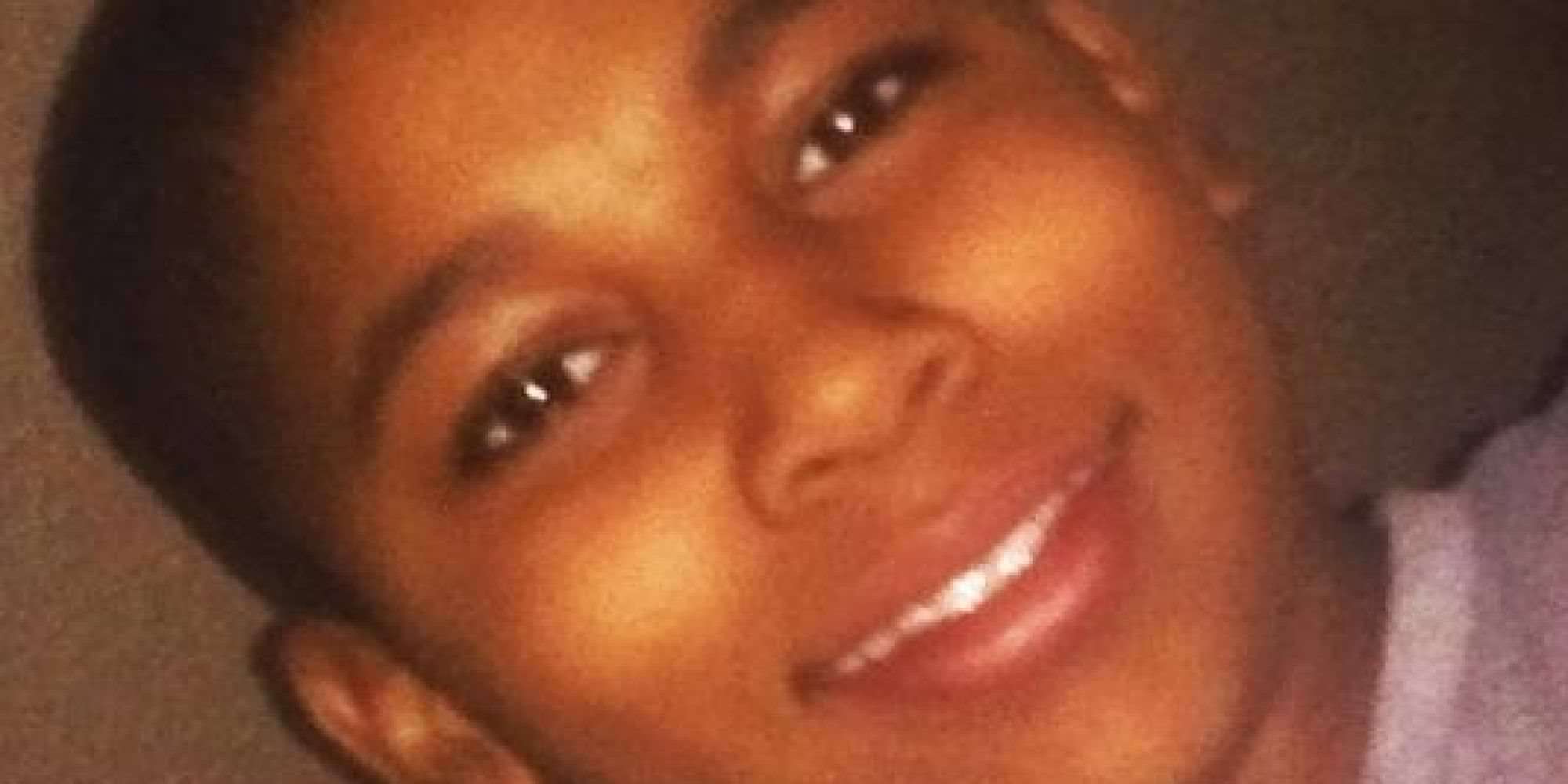Why Do So Many Bad Cops Get Off Easy?
Lack of accountability is a recipe for official lawlessness.


American police live in a place even more wondrous than the one you know from A Prairie Home Companion. In Lake Wobegon, all the children are above average. In Police Land, every cop is a model citizen, including those who outwardly resemble criminals.
When a cop thrashes or kills someone, the ensuing investigations almost always find that what the officer did was excusable, if not commendable. Jesus Christ would get tougher scrutiny from a band of angels than most cops do from the people who review their conduct.
So it barely registered with most Americans last month when a Cleveland cop was acquitted of voluntary manslaughter for firing at least 15 shots at an unarmed couple as he stood on the hood of their car after a high-speed chase. Outcomes like that, even when the cops grossly overstepped their bounds, are the norm.
Over four years, The Chicago Tribune recently reported, only 4 percent of all 17,700 complaints against Chicago police were upheld. In those rare instances, the punishment was the equivalent of a disappointed sigh. Of the few cops found to have abused citizens, nearly half got off with verbal reprimands, and only a dozen were fired.
Even a court finding of misconduct doesn't count for much. The Tribune uncovered several cases in which victims filed lawsuits and got monetary damages—even though the department had cleared the officers.
Consider Cleveland. The Cleveland Plain Dealer reported that the police department looked into 4,427 uses of force by cops over four years and gave its blessing to each one. In Houston, every shooting over six years was found by the internal affairs department to be absolutely necessary.
Same basic story in Ferguson, Mo. After the killing of Michael Brown, staffers from the Justice Department's Civil Rights Division interviewed the police chief, who admitted that "he could not remember ever imposing discipline for an improper use of force."
The feds also assume that law enforcement officers are less fallible than the pope. From January 2010 to October 2013, the Los Angeles Times reported, Border Patrol agents shot 67 people, killing 19. Three of the agents are still being investigated. Of the remaining 64, 62 were absolved. The other two got a stern lecture.
It's all part of a national pattern. Bowling Green State University criminologist Philip Stinson has done extensive research on killings by cops. His conclusion? "It's very rare that an officer gets charged with a homicide offense resulting from their on-duty conduct even though people are killed on a fairly regular basis," he told The Wall Street Journal.
Lack of accountability is a recipe for lawlessness. In 1961, the Supreme Court said that when evidence of a crime was obtained in an illegal search, it could not be used in state court. The Fourth Amendment had always required cops to get warrants before ransacking homes. But until 1961, police generally ignored the Constitution because they paid no price for violating it.
A New York City police official later recalled, "Before this, nobody bothered to take out search warrants. Although the U.S. Constitution requires warrants in most cases, the U.S. Supreme Court had ruled that evidence obtained without a warrant—illegally, if you will—was admissible in state courts. So the feeling was, why bother?"
Many cops obviously feel the same way about the rules on how they are supposed to handle suspects and bystanders. If they can get away with mistreating people, they will mistreat people.
Modern video technology makes that harder. A cop can no longer be sure that when he beats or shoots a suspect without a very good reason, he can cover up what happened. Body cameras and dashboard cameras will make police more careful—and document their abuses.
If not for an alert citizen with a cellphone, the North Charleston, S.C., officer who fatally shot the unarmed, fleeing Walter Scott in the back would almost certainly have gotten away with it. Instead, he's been charged with murder.
But digital images matter only if authorities are prepared to punish brutal cops. The shooting of 12-year-old Tamir Rice in Cleveland was captured on squad-car video, which did not support the police account of what happened. Six months later, his killer has not been charged.
Bad cops will stop killing people unnecessarily when they know they will suffer real punishment for their crimes. Until then, why bother?
© Copyright 2015 by Creators Syndicate Inc.


Show Comments (75)